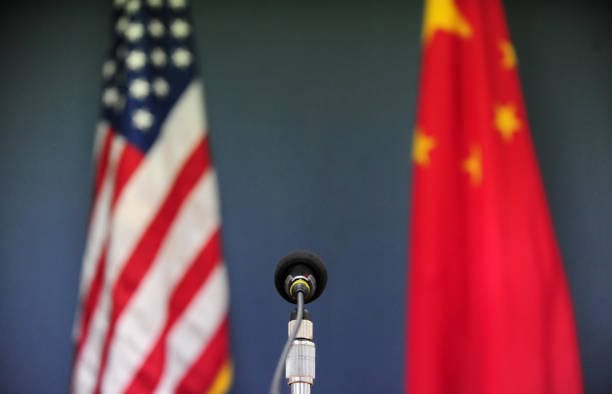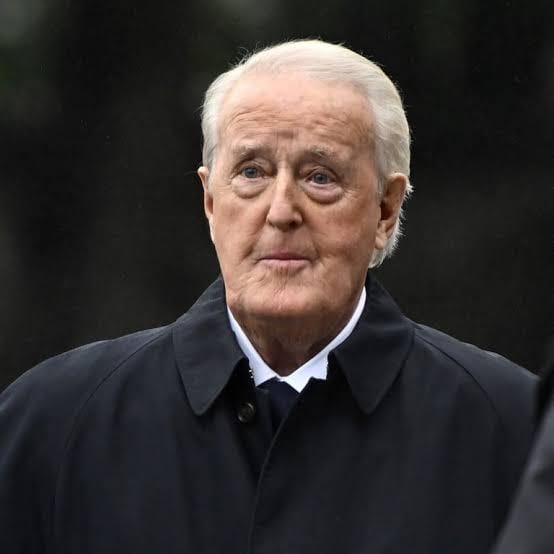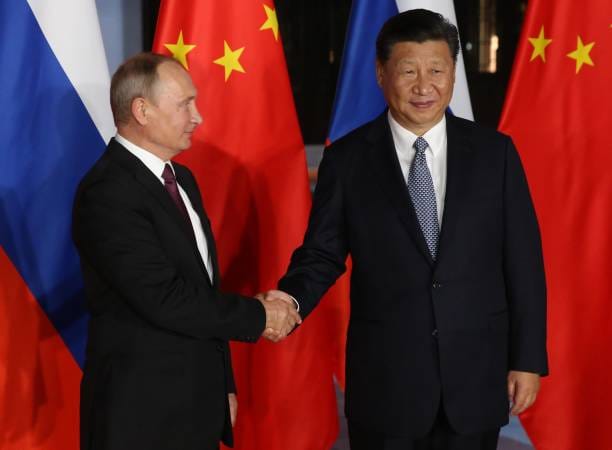Nations Dismiss US Ceasefire Proposal Amidst Israel-Hamas Conflict

Three countries have formally declined the United States' proposed ceasefire in the ongoing Israel-Hamas conflict. This rejection comes amidst escalating tensions and a humanitarian crisis that has gripped the Gaza Strip.
The US-sponsored resolution, aimed at halting the hostilities that have caused widespread devastation, was met with resistance on grounds that it did not address the core issues fueling the conflict. Critics argue that the proposal lacked provisions for long-term peace and failed to consider the complexities of the region's geopolitical landscape.
As the war rages on, the international community remains divided. Some nations advocate for immediate de-escalation, while others demand a more comprehensive approach to ensure lasting stability. The rejection of the ceasefire underscores the challenges of negotiating peace in a region marred by deep-seated animosity and political strife.
The Israeli government, led by Prime Minister Netanyahu, continues to deliberate its next move. With the strategic city of Rafah in Gaza being a focal point, Israel faces mounting international pressure and humanitarian concerns¹. Meanwhile, US Secretary of State Blinken has been actively involved in discussions, emphasizing the narrowing gaps in negotiations but also acknowledging the persistent challenges.
On the ground, the situation remains dire. The largest hospital facility in Gaza, Al-Shifa, has become a battleground, with reports of hundreds trapped and casualties mounting. The Israeli military asserts that their operations target "terrorists," but the toll on civilian life and infrastructure paints a grim picture of the conflict's human cost.
As the world watches, the path to peace seems fraught with obstacles. The recent rejection of the ceasefire proposal not only signifies a setback in diplomatic efforts but also highlights the urgent need for a viable solution that addresses the root causes of the Israel-Hamas war. The quest for such a resolution continues, with the hope that dialogue will eventually pave the way for reconciliation and recovery.



